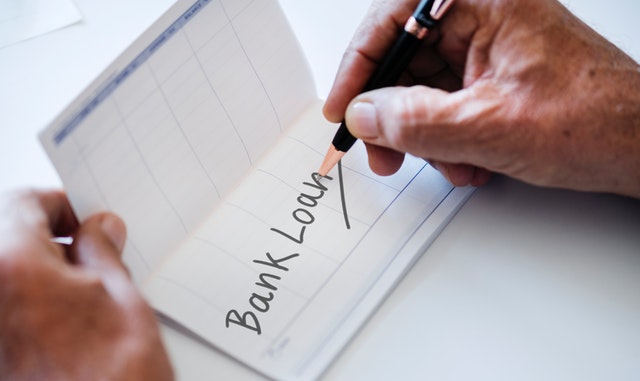Simple Tips To Pay Off A Home Mortgage Loan Faster
It is a major life decision to buy a home and yet many do not consider how much they will pay on the interest over the life of the loan. All they usually think about is if they can afford to pay the monthly mortgage payments.
It is helpful to learn how different loan structures impact the amount of money wasted on the interest paid for a home loan. Here is a comparison of different loan lengths and payment options to show some helpful ways to reduce the total interest paid.
Standard 30-Year Fixed Mortgage
For a buyer who has a good credit history, purchasing a median-priced home with a significant down payment usually helps get the best mortgage financing. A standard 30-year mortgage on a home requires 360 monthly payments to pay off the loan.
The total cost of the loan includes paying back the principal amount borrowed and all the interest. Over 30 years, the total interest paid can be as much as one-third or more of the principal amount borrowed, depending on the loan interest rate.
Standard 15-Year Fixed Mortgage
Comparing a standard 30-year fixed mortgage with a standard 15-year mortgage shows a surprising result. The differences are that the length of the loan term is less and the monthly mortgage payments are higher. A standard 15-year mortgage on a home requires 180 monthly payments to pay off the loan.
The shorter loan period may reduce the total interest paid to less than one-half of a 30-year mortgage, depending on the loan interest rate. The savings can be in the tens of thousands of dollars.
Payment Techniques That Save Money
 A simple way to save money is to pay an extra monthly payment each year and ask the lender to apply the extra payment to reduce the principal amount owed. On a 30-year mortgage, the loan pay-off date is more than two and one-half years sooner, reducing the total interest paid by about 10% percent.
A simple way to save money is to pay an extra monthly payment each year and ask the lender to apply the extra payment to reduce the principal amount owed. On a 30-year mortgage, the loan pay-off date is more than two and one-half years sooner, reducing the total interest paid by about 10% percent.
A smaller savings amount is possible without even needing to pay more, just by paying more frequently. Instead of paying a mortgage once per month, make arrangements with the lender to pay half the monthly mortgage payment twice per month. The amount the lender receives monthly, in the two payments, totals the same amount that the lender would receive in one payment.
This technique works because there is a daily calculation of mortgage interest. By making payments more frequently, there are fewer days of use for some of the loaned funds. This tiny change in periodic repayments can be a nice way to save a few thousand extra dollars over the life of a loan.
In addition, since there are 26 two-week periods in one year, you’re getting an extra payment in over the longer months in the year. So you’re paying the equivalent of 13 monthly payments instead of 12. You might not feel it as much since you’re likely making more money in the longer months as well.
If you’d like to do this strategy and the lender won’t accept bi-weekly payments, then just divide the principal and interest portion of your mortgage payment by 12 and add that amount to each regular monthly payment. You’ll save a ton of interest over the life of the loan!
Summary
Think about interest paid as money that could have a better purpose. Choosing a shorter loan period for a home mortgage and increasing the mortgage payment frequency are important things to consider for the savings that they can produce.
Be sure to consult with your trusted home mortgage professional for answers to all of your financing related questions.

 A reverse mortgage is a way to use the equity value that built up in a home to improve the quality of life for those who have appropriate circumstances when they reach the retirement age of 62 or older. With a reverse mortgage, a person continues to live in their own home and retains the title to it but does not have to make any monthly reverse mortgage payments.
A reverse mortgage is a way to use the equity value that built up in a home to improve the quality of life for those who have appropriate circumstances when they reach the retirement age of 62 or older. With a reverse mortgage, a person continues to live in their own home and retains the title to it but does not have to make any monthly reverse mortgage payments. It’s more common these days to have non-traditional income that doesn’t fall into the W-2 category. Many people work in what is referred to as the “gig economy,” where income might come from a variety of freelance sources.
It’s more common these days to have non-traditional income that doesn’t fall into the W-2 category. Many people work in what is referred to as the “gig economy,” where income might come from a variety of freelance sources.